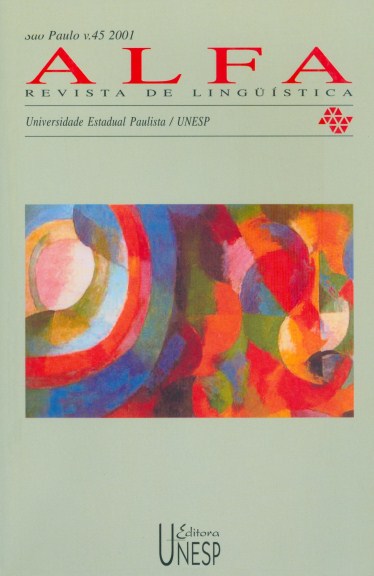Representation of identities and the politics of representation in cognition
Keywords:
Cognition, representation, politics, realism, idealism, ideology, anti-representationalism,Abstract
In this paper, I make a plea for viewing representation as first and foremost a political matter. I argue that by so doing we may avoid the many of pitfalls of contemporary theories of cognition as they attempt to tackle the issue of representation. Most of these problems have to do with the fact that representation is treated exclusively as a mimetic or theatrical question. The fact of the matter is however that representation also has a political dimension. Indeed it has always had this political dimension which, counterintuitive though it may seem at first glimpse, manifests itself even in very the attempt to aestheticise the whole issue of representation (as in some versions of postmodernism) or to deny its role altogether as a tertium quid between the external world and the cognising mind (as in contemporary neo-pragmatism). I also contend that, by recognising the political nature of representation, we also pave the way for endorsing the thesis that the mind is a social construct, thereby taking some steam out of the thesis of "mind-brain identity" (so-called "identity theory of mind".
Downloads
Downloads
How to Cite
Issue
Section
License
Manuscripts accepted for publication and published are property of Alfa: Revista de Linguística. It is forbidden the full or partial submission of the manuscript to any other journal. Authors are solely responsible for the article's content. Translation into another language without written permission from the Editor advised by the Editorial Board is prohibited.

